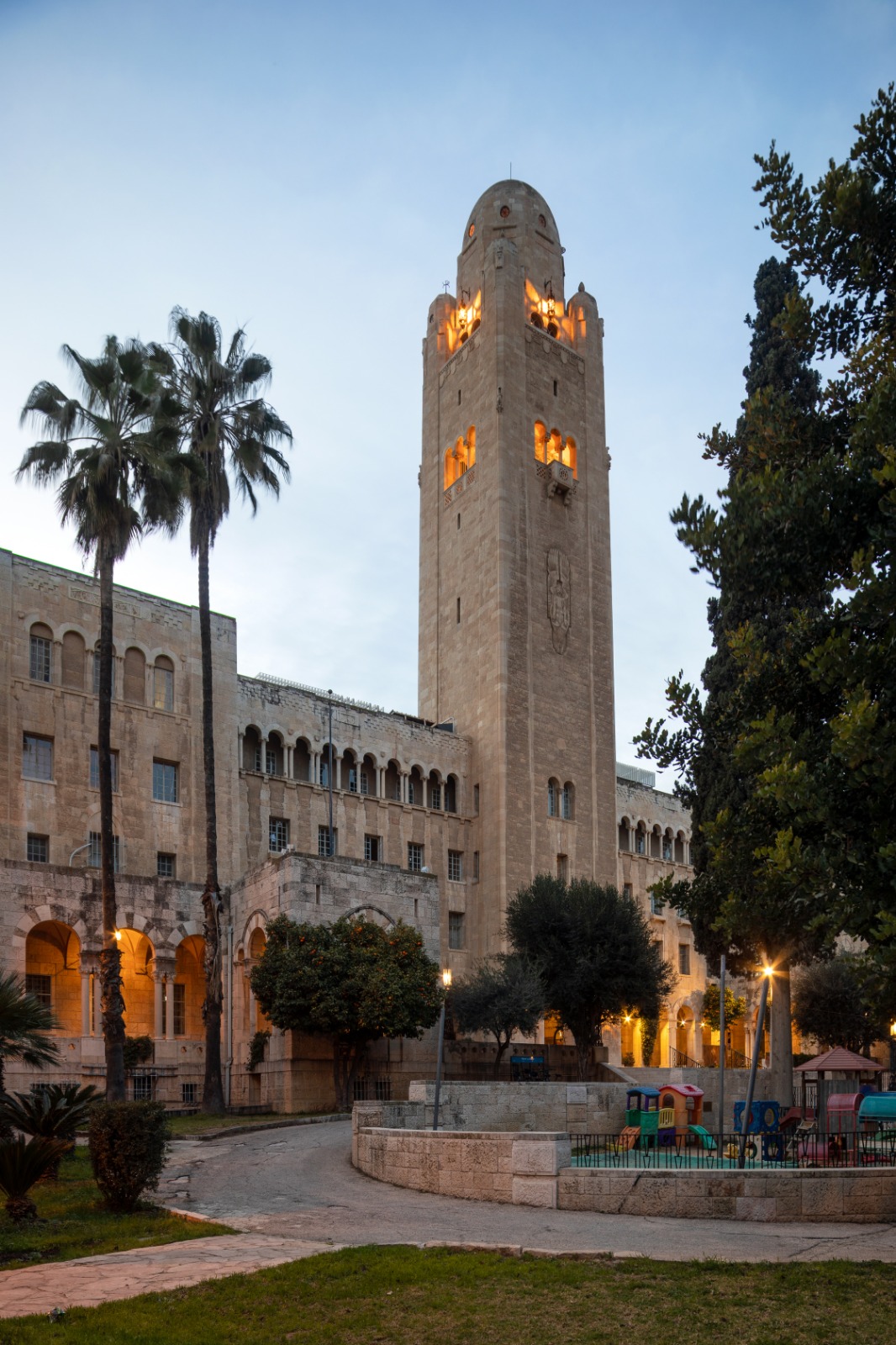Architectural Culture in British Mandate Jerusalem, 1917-1948*
A new publication, authored by Sapir faculty member, Dr. Inbal Ben-Asher Gitler, a senior lecturer of Architecture and Visual Culture.
Presenting a fresh and analytical discussion of British Mandate-era architecture, via an exploration of four iconic buildings: the YMCA, The Palace Hotel, the Jewish Agency and the Rockefeller Museum. All of these magnificent edifices have had a lasting impact on the city’s environment.
Ben-Asher Gitler examines how these projects evolved as an outcome of cross-cultural influences and relationships between the British, American, Jewish-Zionist and Muslim-Palestinian communities. The author calls this “Fish and Chips in Pita”, citing a fusion recipe developed by young Jerusalem food entrepreneurs. It succinctly describes the complex exchange between architectural cultures.
No less fascinating is the books exploration of architecture’s role in establishing the building bricks of Zionist and Palestinian national aspirations; and the development of international and professional relationships with the new Republic of Turkey and the USA.
The accompanying photograph is of Jerusalem's seminal YMCA hostel and community center. It is a perfect example of the complex fusion of American and Middle Eastern architecture in the city's urban landscape. Designed by the little known America architect Arthur Loomis Harmon. Harmon was among the planners of the Metropolitan Museum of Art, the Julliard School of Music and the Empire State Building.
*Research for this book and its production were funded by generous grants from the Israel Science Foundation (#503/18 and #33/20).

Photograph by Diego Rosman
More News

Strengthening Collaboration with Germany

